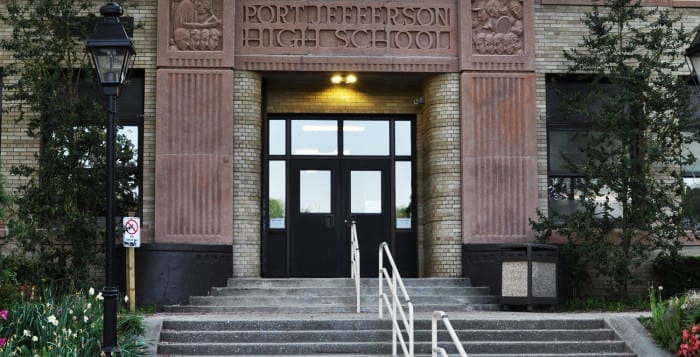School board ponders proposed student policies
Officials are working toward updating Port Jefferson school district policies for the coming school year, largely in relation to student behavior.
The board of education accepted first readings of 14 new policies or policy changes, regarding the dress code, student conduct and discipline, and substance abuse, among other topics.
If adopted, the policy on student dress code would change to specifically list types of inappropriate clothing, whereas the current policy leaves it more open to interpretation, saying only that clothing cannot be obscene, too revealing or a health hazard.
“Extremely brief garments such as tube tops, net tops, halter tops, spaghetti straps, plunging necklines … and see-through garments are not appropriate,” the proposed policy reads. “Underwear [must be] completely covered with outer clothing.”
It would also rule out, like the current policy, vulgar or obscene items on clothing, as well as items that denigrate others or promote drug use or illegal activities.
More changes would be made to the district’s policy on visitors to the school buildings. Under the current policy, visitors must report to the school office and receive a visitor’s permit, and “whenever possible, entrance to the school buildings shall be restricted to entryways most effectively supervised by building staff.”
But if the new policy is adopted, all visitors to the schools during classes would enter only “through the designated single point of entry, have a clear purpose and destination, and report to the designated visitor sign-in area.”
The visitors would have to surrender a photo ID for the duration of the visit and receive a badge to be worn at all times.
In the policy regarding substance use and abuse, the school board might add language to the list of prohibited substances — which currently includes alcohol, tobacco, marijuana, LSD, cocaine, PCP, heroin, steroids and other drugs — to also ban synthetic versions of them, whether or not they are illegal.
Trustee Bob Ramus, the head of the board’s policy committee, said the 14 policies could be adopted upon a second reading later this month or next month. Five old policies — the outdated versions of some of the new policies — would be deleted at the same time.







